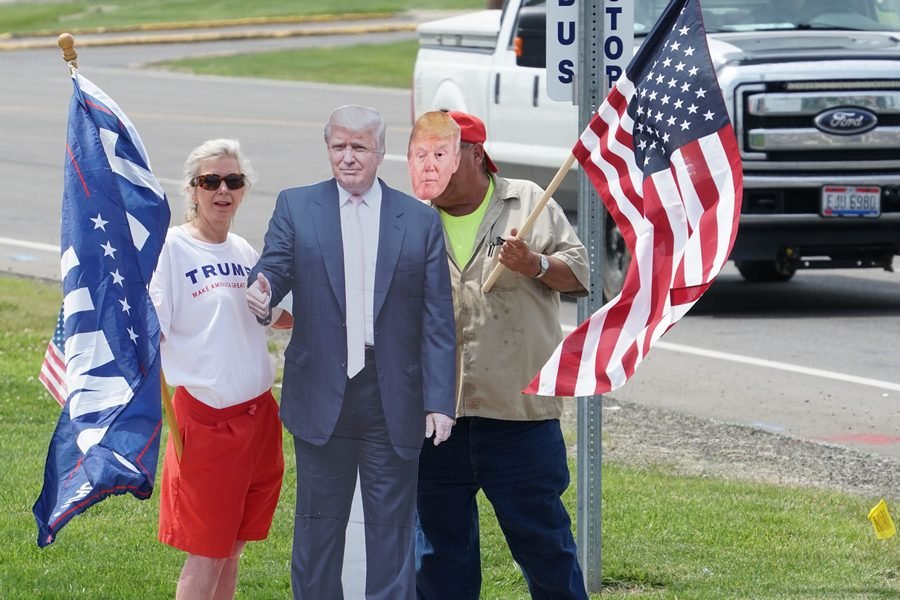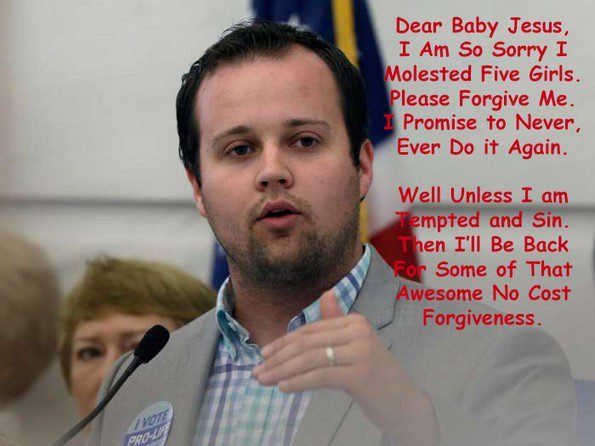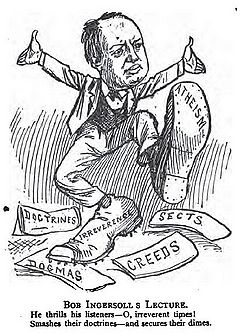 Let us be honest. Let us preserve the veracity of our souls. Let education commence in the cradle—in the lap of the loving mother. This is the first school. The teacher, the mother, should be absolutely honest.
Let us be honest. Let us preserve the veracity of our souls. Let education commence in the cradle—in the lap of the loving mother. This is the first school. The teacher, the mother, should be absolutely honest.
The nursery should not be an asylum for lies.
Parents should be modest enough to be truthful, honest enough to admit their ignorance. Nothing should be taught as true that cannot be demonstrated.
Every child should be taught to doubt, to inquire, to demand reasons. Every soul should defend itself—should be on its guard against falsehood, deceit, and mistake, and should beware of all kinds of confidence men, including those in the pulpit.
Children should be taught to express their doubts—to demand reasons. The object of education should be to develop the brain, to quicken the senses. Every school should be a mental gymnasium. The child should be equipped for the battle of life.
Credulity, implicit obedience, are the virtues of slaves and the enslavers of the free. All should be taught that there is nothing too sacred to be investigated—too holy to be understood.
Each mind has the right to lift all curtains, withdraw all veils, scale all walls, explore all recesses, all heights, all depths for itself, in spite of church or priest, or creed or book.
The great volume of Nature should be open to all. None but the intelligent and honest can really read this book. Prejudice clouds and darkens every page. Hypocrisy reads and misquotes, and credulity accepts the quotation. Superstition cannot read a line or spell the shortest word. And yet this volume holds all knowledge, all truth, and is the only source of thought. Mental liberty means the right of all to read this book. Here the Pope and Peasant are equal. Each must read for himself—and each ought honestly and fearlessly to give to his fellow-men what he learns.
There is no authority in churches or priests—no authority in numbers or majorities. The only authority is Nature—the facts we know. Facts are the masters, the enemies of the ignorant, the servants and friends of the intelligent.
Ignorance is the mother of mystery and misery, of superstition and sorrow, of waste and want.
Intelligence is the only light. It enables us to keep the highway, to avoid the obstructions, and to take advantage of the forces of nature. It is the only lever capable of raising mankind. To develop the brain is to civilize the world. Intelligence reaves the heavens of winged and frightful monsters—drives ghosts and leering fiends from the darkness, and floods with light the dungeons of fear.
All should be taught that there is no evidence of the existence of the supernatural—that the man who bows before an idol of wood or stone is just as foolish as the one who prays to an imagined God,—that all worship has for its foundation the same mistake—the same ignorance, the same fear—that it is just as foolish to believe in a personal god as in a personal devil—just as foolish to believe in great ghosts as little ones.
So, all should be taught that the forces, the facts in Nature, cannot be controlled or changed by prayer or praise, by supplication, ceremony, or sacrifice; that there is no magic, no miracle; that force can be overcome only by force, and that the whole world is natural.
All should be taught that man must protect himself—that there is no power superior to Nature that cares for man—that Nature has neither pity nor hatred—that her forces act without the slightest regard for man—that she produces without intention and destroys without regret.
All should be taught that usefulness is the bud and flower and fruit of real religion. The popes and cardinals, the bishops, priests and parsons are all useless. They produce nothing. They live on the labor of others. They are parasites that feed on the frightened. They are vampires that suck the blood of honest toil. Every church is an organized beggar. Every one lives on alms—on alms collected by force and fear. Every orthodox church promises heaven and threatens hell, and these promises and threats are made for the sake of alms, for revenue. Every church cries: “Believe and give.”
A new era is dawning on the world. We are beginning to believe in the religion of usefulness.
The men who felled the forests, cultivated the earth, spanned the rivers with bridges of steel, built the railways and canals, the great ships, invented the locomotives and engines, supplying the countless wants of man; the men who invented the telegraphs and cables, and freighted the electric spark with thought and love; the men who invented the looms and spindles that clothe the world, the inventors of printing and the great presses that fill the earth with poetry, fiction and fact, that save and keep all knowledge for the children yet to be; the inventors of all the wonderful machines that deftly mould from wood and steel the things we use; the men who have explored the heavens and traced the orbits of the stars—who have read the story of the world in mountain range and billowed sea; the men who have lengthened life and conquered pain; the great philosophers and naturalists who have filled the world with light; the great poets whose thoughts have charmed the souls, the great painters and sculptors who have made the canvas speak, the marble live; the great orators who have swayed the world, the composers who have given their souls to sound, the captains of industry, the producers, the soldiers who have battled for the right, the vast host of useful men—these are our Christs, our apostles and our saints. The triumphs of science are our miracles. The books filled with the facts of Nature are our sacred scriptures, and the force that is in every atom and in every star—in everything that lives and grows and thinks, that hopes and suffers, is the only possible god.
The absolute we cannot know—beyond the horizon of the Natural we cannot go. All our duties are within our reach—all our obligations must be discharged here, in this world. Let us love and labor. Let us wait and work. Let us cultivate courage and cheerfulness—open our hearts to the good—our minds to the true. Let us live free lives. Let us hope that the future will bring peace and joy to all the children of men, and above all, let us preserve the veracity of our souls.
— Robert G. Ingersoll (1833-1899), Why I am an Agnostic, Page 106, 107
HT: The Mendocino Humanist
Share This Post On Social Media:
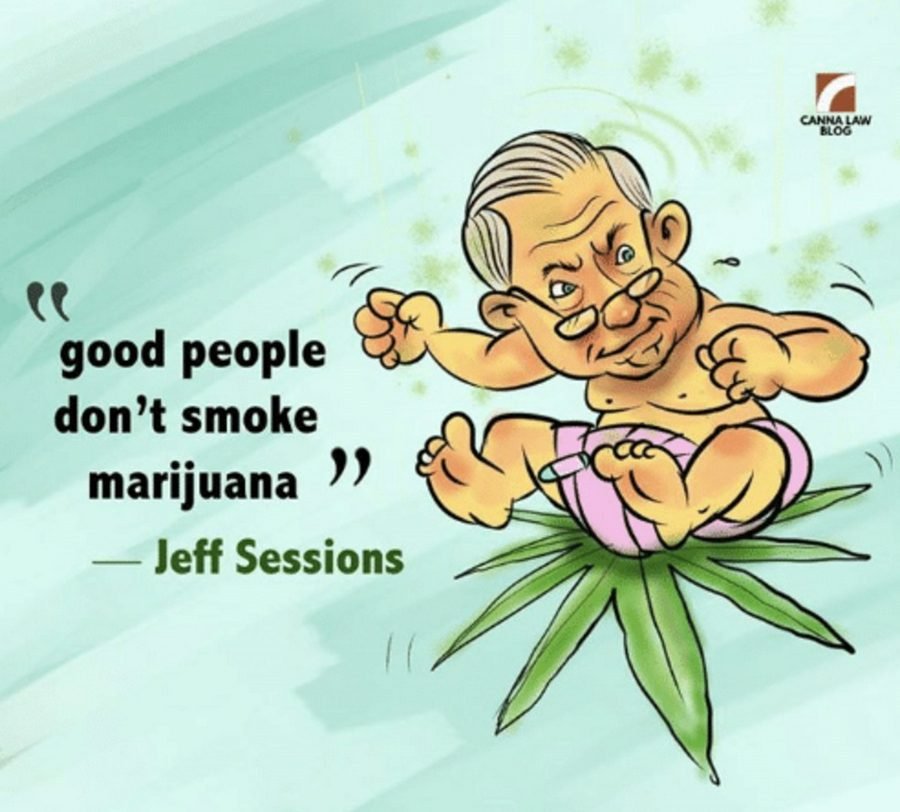

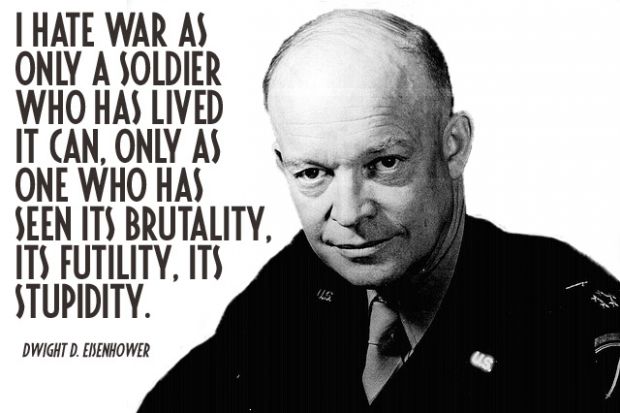
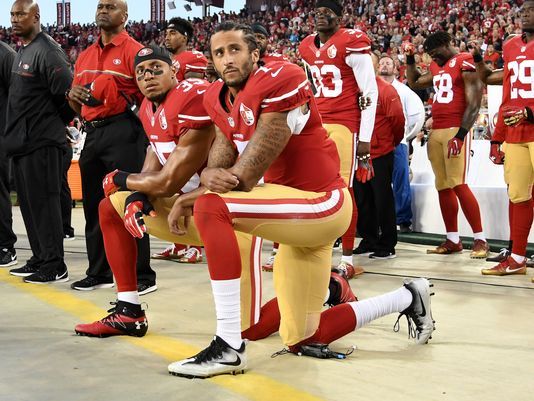
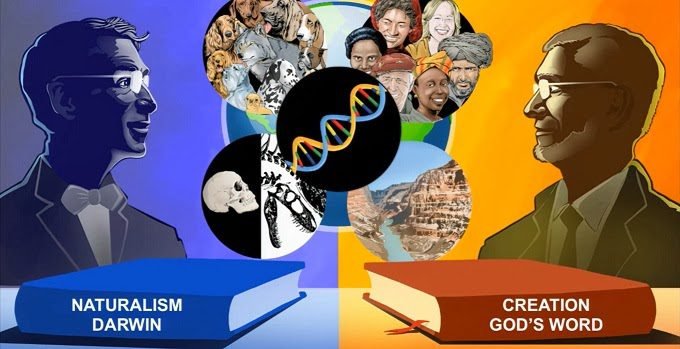
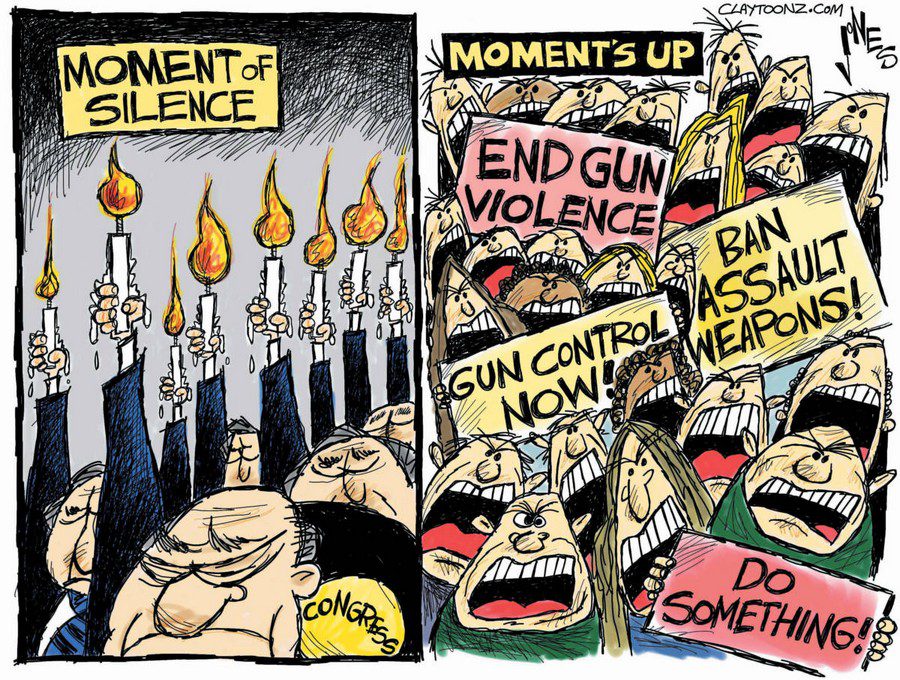


 Let us be honest. Let us preserve the veracity of our souls. Let education commence in the cradle—in the lap of the loving mother. This is the first school. The teacher, the mother, should be absolutely honest.
Let us be honest. Let us preserve the veracity of our souls. Let education commence in the cradle—in the lap of the loving mother. This is the first school. The teacher, the mother, should be absolutely honest.